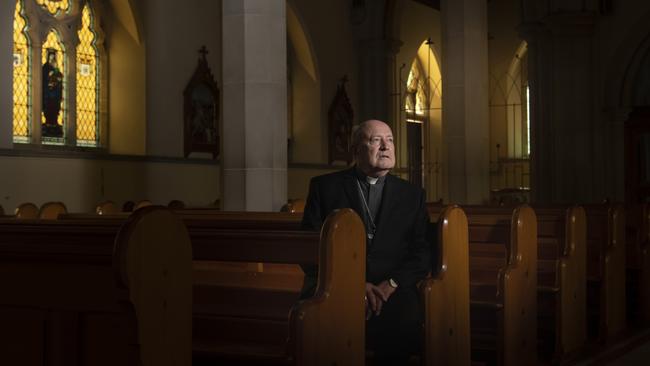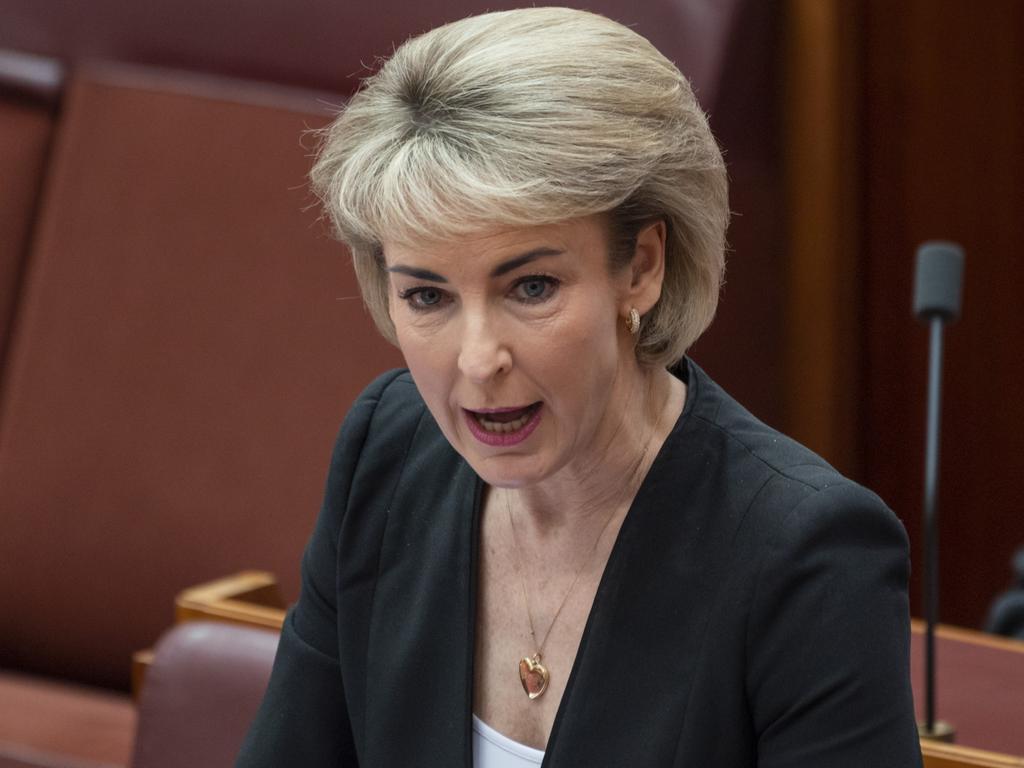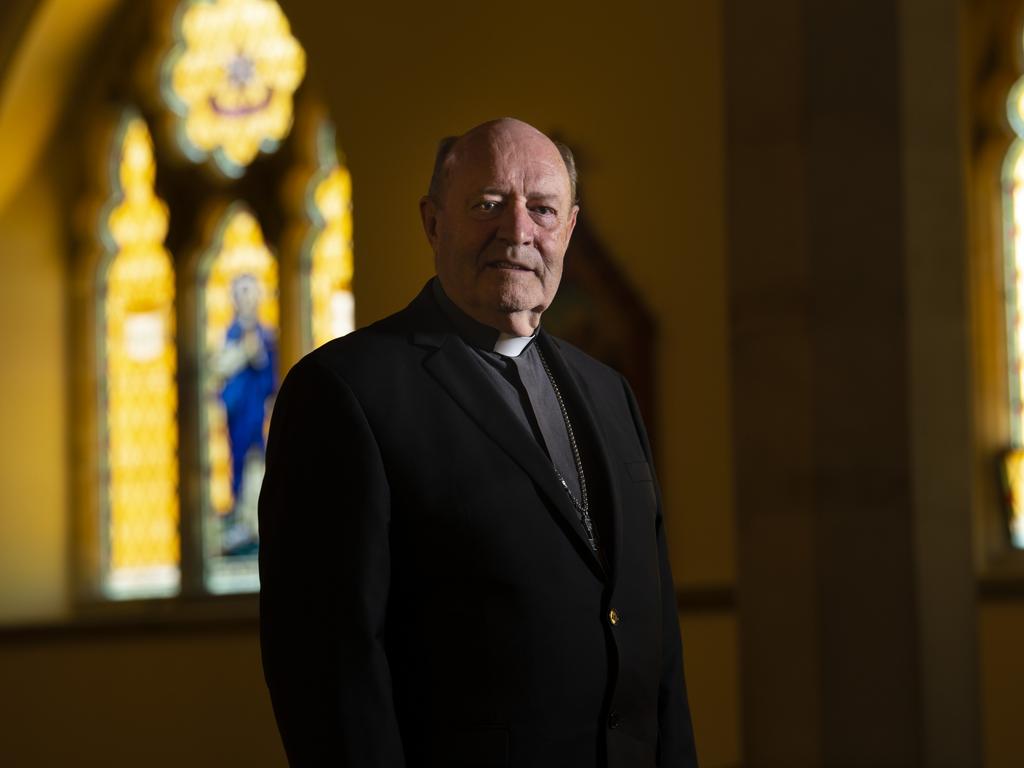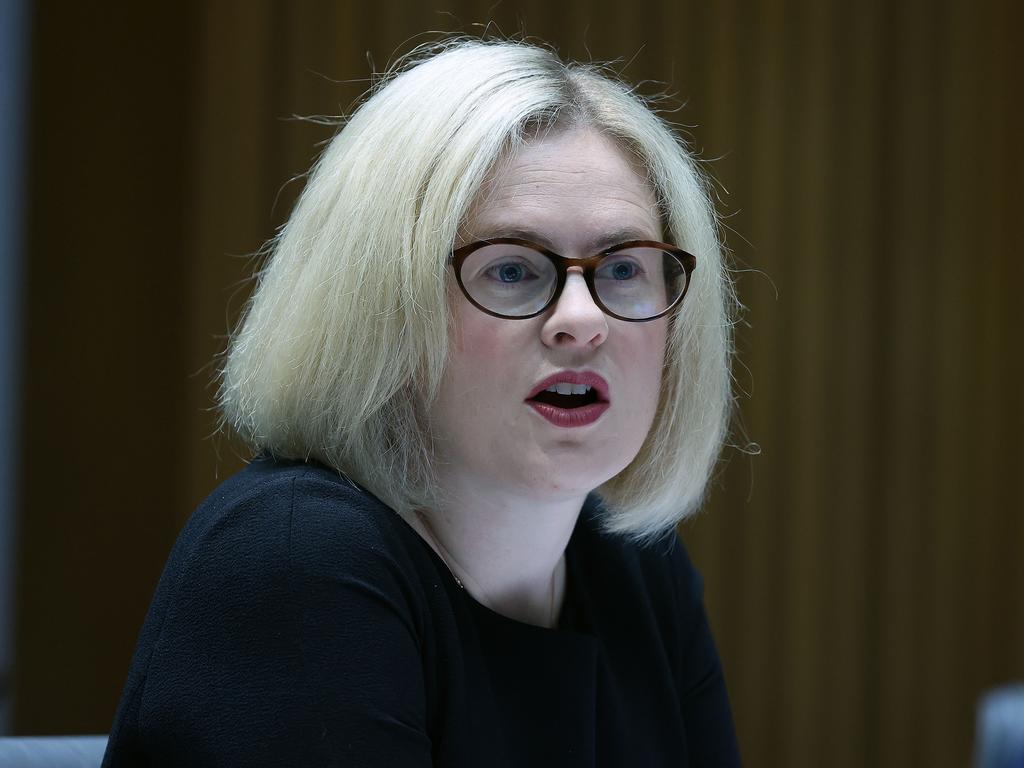Legal protection of religious freedoms vital to democracy

The Prime Minister said in part: “The ability to live in a country where you could live your faith free from persecution is one of the primary reasons many choose to make Australia their home.” I believe Morrison is right in highlighting this point. The vast majority of us blessed to be born in Australia too easily forget just how fortunate we are. Most of us are unaware of the extent of religious persecution that still exists throughout the world. The fact that Australian society respected and valued religious freedom from very early on in its history has brought many to our shores who have contributed greatly to the building of our nation.
But this is at risk. I have noticed over recent years the freedom to express and live by religious belief is increasingly being whittled away through legislation in different jurisdictions across Australia.
During the recent hearings on the proposed religious discrimination bill, a number of groups suggested that even though there is a clear gap in protections for religious belief in legislation the proposed bill goes too far.
As someone who has actually been on the receiving end of an attempt to silence the expression of religious beliefs through a state-based Anti-Discrimination Act, I would respectfully disagree.
What I have realised through my experience of being cited by the Tasmanian Anti-Discrimination Commissioner for a possible breach of the Act is that it is not just the attempt to silence particular individuals that is the problem, but also the chilling effect such actions have on the rest of the believing community and, more broadly, our society.
Anti-discrimination complaints directed against the expression of religious belief, whether successful or not, have a widespread effect of largely silencing those who share such beliefs out of fear of being hauled before an anti-discrimination tribunal, attacked through social media and potentially losing their livelihood. This is the reality we live in. Social media has helped to weaponise anti-discrimination legislation. This is not a good thing for the religious communities or for society.
Freedom of religious expression is not just critical for religious communities to flourish, it is also fundamentally important for our democratic system of government, which requires free, honest and respectful public debate on issues affecting the life and direction of our nation. It is the oxygen for the lungs of our democracy. In an ethnically and religiously diverse society the free expression of views enriches, and does not diminish, our culture.
It is not just Anti-Discrimination Acts that have become a problem for free and respectful expression of religious belief. We should also be deeply concerned about the denial of freedom of conscience on important moral matters. Doctors in Tasmania are denied the right to refuse to refer a request for an abortion. Euthanasia legislation in different states seeks to force individuals of faith and/or faith-based institutions to provide or allow euthanasia. So-called conversion therapy legislation in certain states also seeks to restrict expression of religious belief and freedom of conscience.
One area the bill does address is the vital freedom for faith-based education to act in such a way so as to protect the integrity of belief within its institutions. It is essential our faith-based schools are free to present the fullness of their beliefs to students and are able to get a commitment from staff to support and uphold these beliefs in their professional capacity, even if some may have personal reservations. In the case of Catholic education, prior to enrolment parents are made aware a school will present Catholic teaching in lessons and other activities and parents are asked for their consent. Indeed, it is because of the Catholic faith and the type of human formation provided that parents seek a Catholic education for children. They want their children raised in accordance with certain beliefs and values.
Having the legal ability to require staff to uphold the school’s religious values is essential to the operation of faith-based schools. This, too, is under threat. In Victoria, legislation has recently been passed that removes the ability of faith-based schools to require staff to uphold the religious principles of the schools in their professional capacity, except for the roles of principal and religious education co-ordinator. Thus, a teacher employed in a Catholic school in Victoria could oppose Catholic teaching and yet be protected from disciplinary action.
It is clear the Religious Discrimination Act is urgently needed to protect religious freedom both for individuals and communities of believers. Without such an Act, not only will religious faith continue to be greatly undermined and threatened in Australia, but so too will the very vitality and stability of democracy.
Julian Porteous is the Catholic Archbishop of Hobart.







I recently received a letter from Scott Morrison. While it was addressed to me personally I am sure I was one of many religious leaders who received this letter. It concerned the proposed Religious Discrimination Bill being considered by parliament.